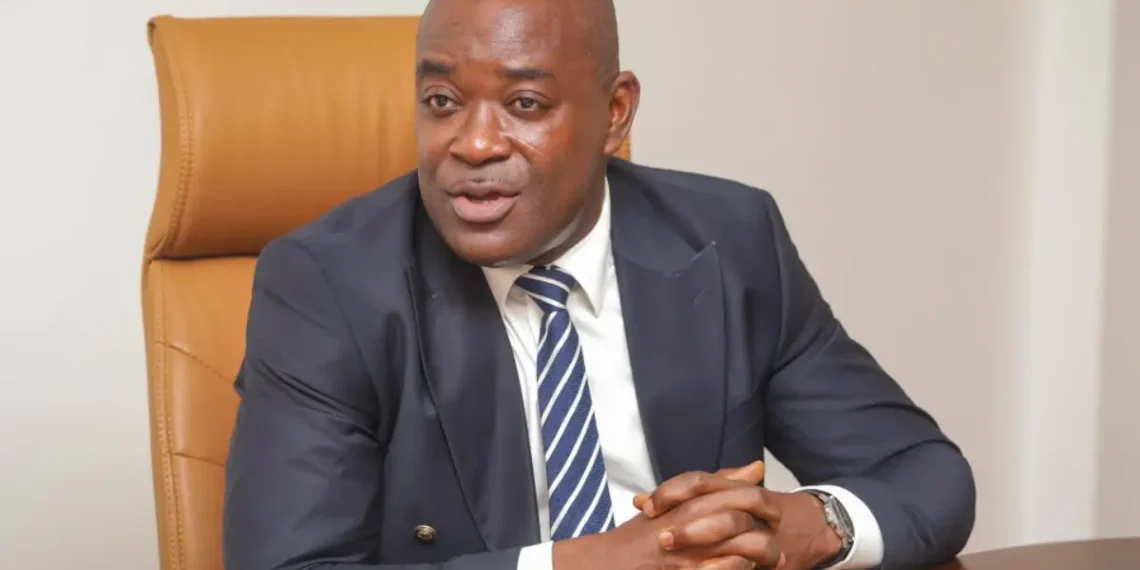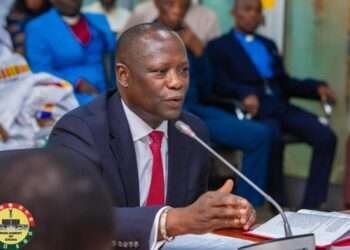The Ghana Tertiary Education Commission (GTEC) has closed down 149 open distance learning centres across the country, found to be operating without proper authorisation and accreditation.
The move, according to GTEC, is part of its mandate to ensure quality, credible, and fit-for-purpose delivery of tertiary education.
Director-General of GTEC, Professor Ahmed Jinapor Abdulai, explained that many of the affected centres were established in inappropriate environments that undermine the credibility of distance learning as an alternative mode of education.
He revealed that some centres were found in churches, public works departments, and even electricity company offices, while others operated within second-cycle institutions already struggling with the pressures of the double-track system.
“As we speak, the Ghana Tertiary Education Commission has flagged down about 149 distance learning centres. These centres are unfit for purpose. They are being run in churches, public works departments, and even electricity company offices. We cannot allow this to happen”
Professor Ahmed Jinapor Abdulai, Director-General of GTEC
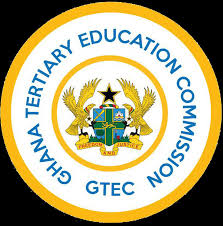
Prof. Jinapor, speaking at a two-day capacity-building workshop in Accra on strategies for implementing Ghana’s Open and Distance Learning (ODL) policy, stressed that the development of distance education must not be compromised by makeshift arrangements.
“Ghana has been working hard to promote tertiary education, but unfortunately, distance education seems to be replaced by distancing education,” he noted, arguing that replicating traditional classrooms in scattered locations is not the same as true distance learning.
He added that GTEC’s interventions were necessary to stop the mushrooming of centres that are failing to adhere to minimum standards, a trend he warned could jeopardise the very essence of distance education.
Moratorium For Accreditation
The Director-General emphasised that GTEC is not only shutting down the unaccredited centres but has also issued a moratorium, allowing institutions operating such facilities the opportunity to regularise their activities.
He explained that providers must go through proper processes to secure accreditation and run their programmes in approved environments. Prof. Jinapor also lamented the transactional approach adopted by some institutions in handling quality assurance processes.
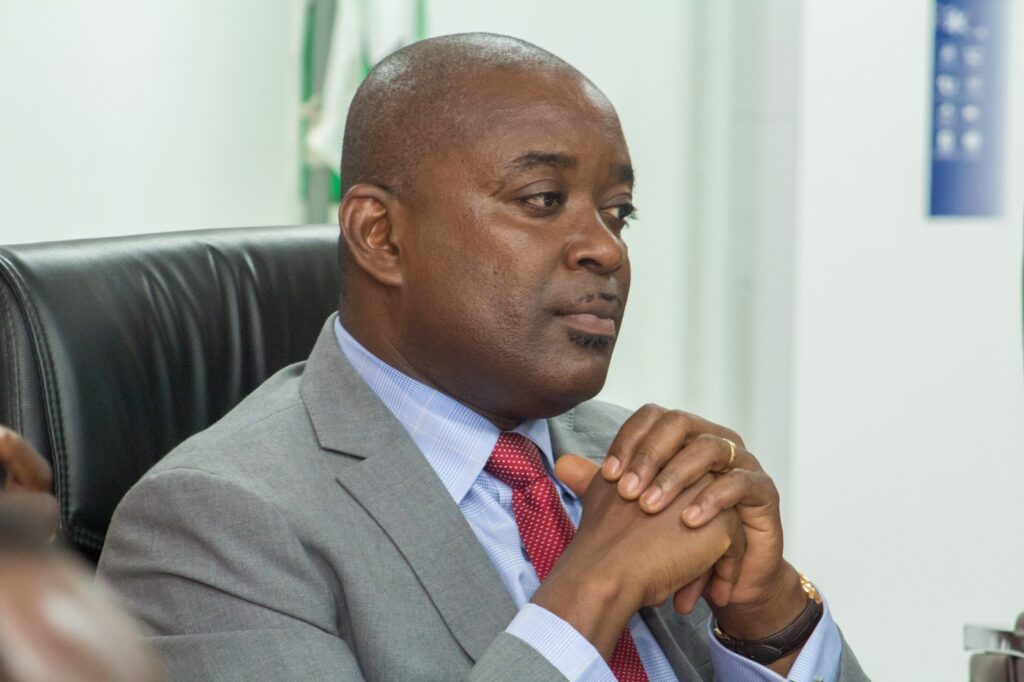
“What we’ve realised as a commission is that quality assurance in most of these institutions becomes overly transactional. Institutions do what they are supposed to do to please us and once we leave, then it’s business as usual. We cannot allow that”
Professor Ahmed Jinapor Abdulai, Director-General of GTEC
The importance of clearly defining open and distance learning was further underscored by Professor Olugbemiro Jegede, a Commonwealth consultant on Ghana’s ODL policy. He called for a national consensus on what constitutes open distance learning and how it should be applied within the Ghanaian context.
“We must begin from the beginning. And that’s where we think it’s better for us, not only to listen to aspects of the policy that has been put out, we should actually come to a concerted, a negotiated agreement as to what distance-learning means, as well as what open-learning means. If I ask everybody, we’ll have more than 40 different answers”
Professor Olugbemiro Jegede, Commonwealth Consultant
Prof. Jegede cautioned that without a unified understanding, the sector risks fragmentation, with different institutions interpreting the concept in their own way. “There’s a difference between distance-learning and open-learning,” he explained.
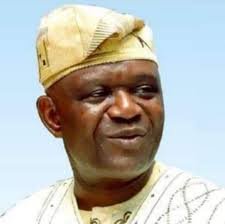
GTEC reaffirmed its commitment to raising standards across the tertiary education sector, stressing that distance learning is not a second-tier option but a key part of expanding access, equity, and innovation in higher education.
Prof. Jinapor highlighted that institutions must meet both infrastructural and academic requirements to be recognised, adding that the Commission would continue monitoring compliance.
The decision to close the unaccredited centres marks one of the strongest regulatory interventions by GTEC in recent years.
By cracking down on what it has described as “unfit for purpose” institutions, the Commission seeks to restore confidence in distance education and ensure that its delivery is aligned with national policy and international best practices.
READ ALSO: Uncle Ebo Whyte Claims Ghanaians Reserve Hospitality For Foreigners


